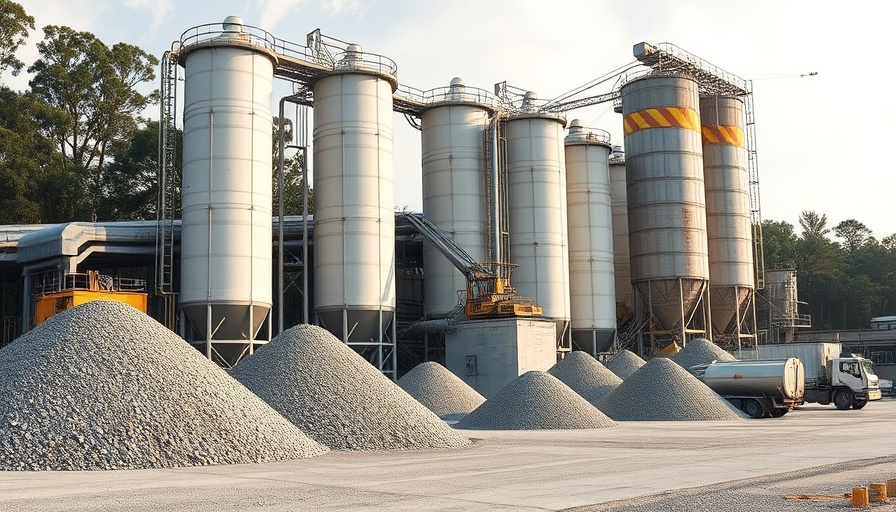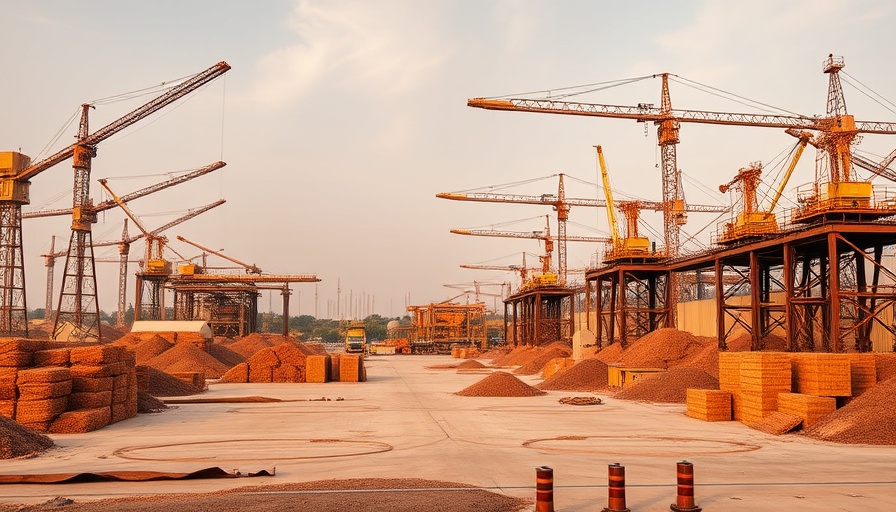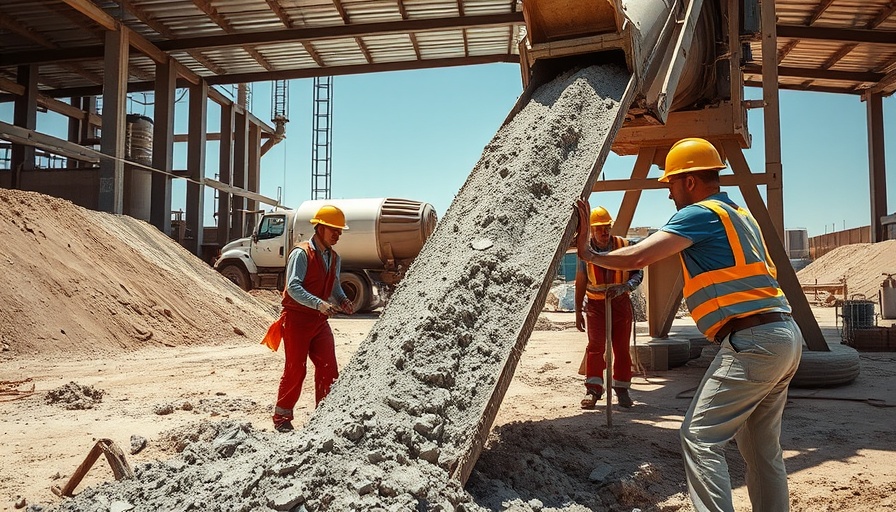
Understanding Cement Additives: Enhancing Performance in Construction
Cement is the backbone of construction, and improving its properties through additives can dramatically influence the overall quality of projects. From increased strength to efficient grinding, these chemical compounds play a pivotal role in modern construction practices, especially in India, where advanced techniques are becoming increasingly popular.
What Are Cement Additives and Why Are They Important?
Additives are essential chemical compounds mixed into cement during its manufacturing process. Typically derived from both natural and inorganic materials, they modify the mechanical and chemical properties of cement, making it more effective for various construction needs. Cement manufacturing involves heating raw materials like alumina, lime, and silica at high temperatures, and incorporating additives during this process can refine the final product's performance.
Types of Cement Additives
There are three primary categories of cement additives that are gaining traction in the industry:
- Grinding Aids: These additives improve the efficiency of cement mills by increasing grinding efficiency, reducing power consumption, and enhancing fluidity during transport and storage.
- Performance Enhancers: By adding these during the grinding process, cement can achieve significant improvements in strength, workability, and durability.
- Productivity Enhancers: Especially useful in limestone grinding, these additives boost output, reduce power consumption, and simplify maintenance efforts.
The Growing Importance of Grinding Aids
Grinding aids have become a staple in construction since the mid-1900s. Their key advantage lies in their ability to reduce surface tension between particles, enhancing the grinding action. This not only optimizes the milling process but also contributes to energy efficiency, making it a favorite among construction firms aiming for cost-effective operations.
The Impact of Performance Enhancers on Project Outcomes
Performance enhancers contribute to superior cement quality. For instance, they can lead to a 5-10% increase in early stage strength while reducing both initial and final setting times. This results in a faster construction timeline, significant cost savings, and ultimately, projects that meet demand swiftly and efficiently.
Boosting Productivity with Enhancers
For businesses focused on maximizing output, productivity enhancers provide a simple yet effective solution. By facilitating easier maintenance and reducing the overall power requirements of the grinding process, these additives support a sustainable and economically viable construction industry. They streamline operations and help companies meet project deadlines without compromising quality.
Conclusion: Making Informed Choices for Better Construction
As cement remains a fundamental element in construction, the decision to use additives can significantly impact project quality and efficiency. Business owners, property developers, and facility managers must recognize the value of selecting the right cement and its additives to ensure sustainability and economic viability in their projects. Being informed about these options and their benefits can lead to more successful outcomes in future construction endeavors.
 Add Row
Add Row  Add
Add 




 Add Row
Add Row  Add
Add 

Write A Comment